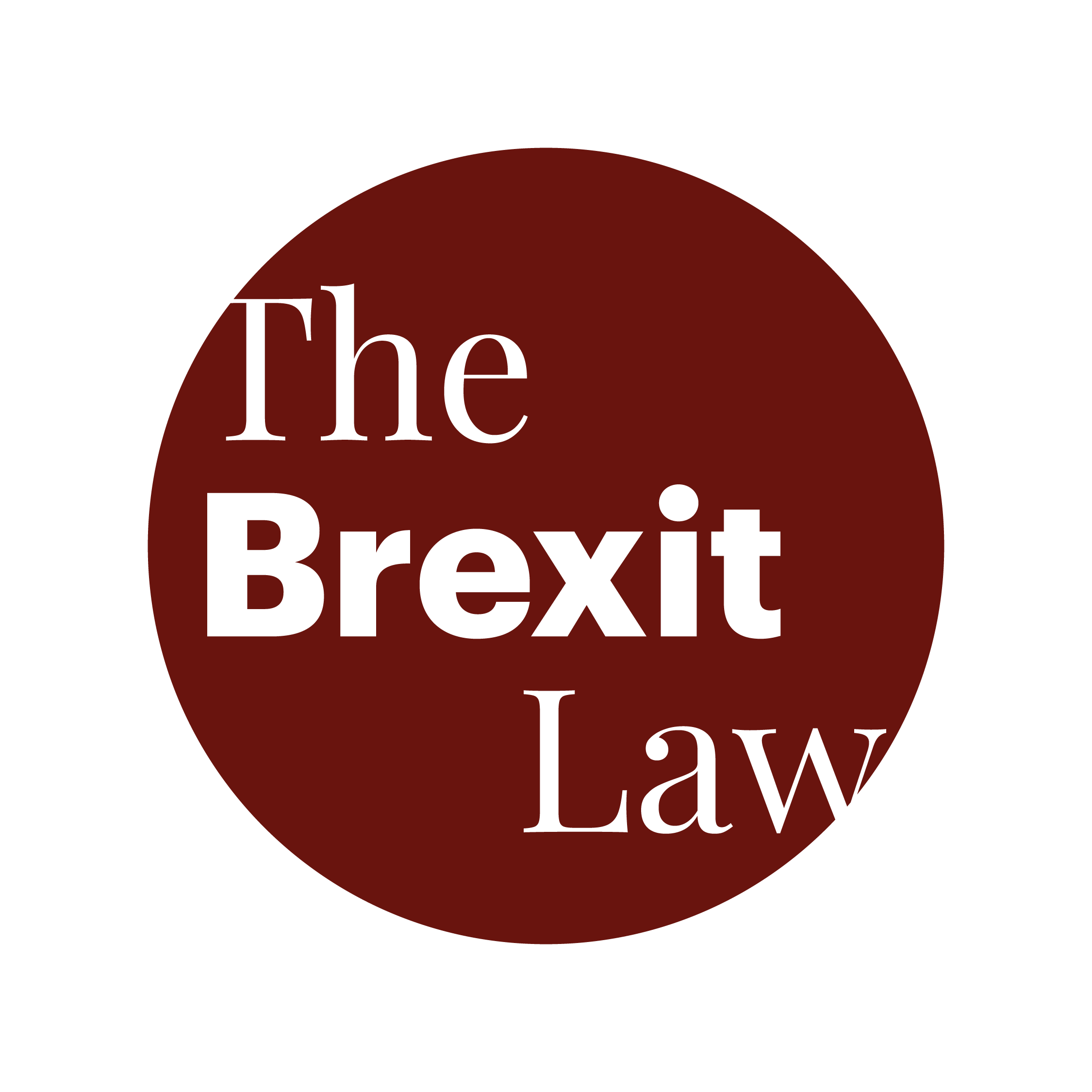The European Union (EU) and United Kingdom (UK) only managed to complete the first round of negotiations due to the Covid-19 pandemic outbreak forcing governments to prioritise the safety of its citizens.
Scornik Gerstein LLP remains vigilant and prepared to deal with the changes that arise out of the Brexit negotiations once they resume.
Where did the negotiations stop?
On 5th of March 2020 both sides met in Brussels for the ´first round´ of negotiations. When they were planning about to meet for the second round they decided put on pause the Brexit negotiations to focus on combat the spread of coronavirus.
However, on 18th March, British and European negotiating teams exchanged draft legal texts and officials had been discussing and reviewing those texts during one week by videoconference.
Where are we now?
On 15th of April 2020, David Frost, the UK´s chief negotiator, and Michel Barnier, the EU´s chief negotiator, had a meeting by video conference. Both sides reviewed the achievements and technical dialogue carried out during the first round of negotiations.
The next round is rescheduling for the weeks of 20 April, 11 May and 1 June.
The two parties continue to show high divergence of opinion on the following matters:
- TRADE DEAL AND THE LEVEL PLAYING FIELD: the level playing field is a trade-policy term that refers to common standards and regulation which seeks to avoid business in one country undercutting their competitors in other countries in areas such as taxation, environmental protection or workers' rights. It is therefore necessary to establish whether the UK will continue adhere to such standards or if in the contrary will be free to stablish its own.
- FISHERIES: The two key issues are:
- Agreement on the access of European Fishermen to UK waters and vice versa. British fishing organisations consider that due to the EU’s Common Fisheries Policy they have not received their fair and reasonable share of quotas.
- Determination of the shares of the Total Allowable Catch (TAC) for each stock which should be allocated to UK and EU fishers.
- THE EUROPEAN COURT OF JUSTICE’S (ECJ) ROLE IN DISPUTE SETTLEMENT: UK Government wants the ECJ not to have jurisdiction in the UK.
- SECURITY: EU says that a crime fighting agreement would not be possible if the UK withdraws from the European Convention on human rights. Although UK is not requesting entering into the EU policy agency Europol, nor the EU law enforcement agency Eurojust wants to work with both of them. Moreover, UK is seeking to sign an extradition agreement to substitute the European arrest warrant.
- TRANSPORT: lorry and goods vehicle drivers. The EU insists that British lorry drivers cannot expect to have the same rights as their European counterparts.
Will the Brexit transition period be extended due to Coronavirus?
The UK Government can ask for an extension of the transition period of one or two years. The deadline to do so expires on 1 July 2020.
A high-level meeting is scheduled to take place in June to analyse the progress made so far with a view to determining the framework for relations between the EU and the United Kingdom, at the end of the transition phase, which currently remains set for 31 December 2020.
Global Institutions such as The International Monetary Fund (IMF), has asked the United Kingdom via her director Kristalina Georgieva, to ask the European Union (EU) for an extension of its post-Brexit transition period amid uncertainty induced by the outbreak of coronavirus in all the world. The UK government is however not inclined to attend such request since any transition extension period could be perceived as an extension of the uncertainty.
Read more about Corporate & Commercial.





